The corporate affairs ministry has now sought time till Wednesday to respond and take instructions on how to protect home buyers’ interest. Supreme Court NEW DELHI: The Supreme Court on Tuesday asked the Centre why it did not take permission to move the National Company Law Tribunal (NCLT) to take over management of Unitech when the apex court … Continue reading “Unitech Case: SC raps Centre on moving NCLT without permission”
New Delhi: The Supreme Court on Wednesday stayed an order of the National Company Law Tribunal (NCLT) that allowed the government to take control of troubled builder Unitech Ltd by suspending its board. “NCLT should not have passed the order. We direct the stay of the order dated 8 December,” said Chief Justice Dipak Misra. The … Continue reading “Supreme Court stays NCLT order allowing government to take control of Unitech”

Home buyers who have an order/decree/award for refund passed either by RERA or any consumer court or any court of law, can approach the NCLT under Section 7 of the Code for its default/non-payment, giving a new cause of action for the limitation period from the date the default occurred.

Since the real estate projects are the turkey projects and take multiple years to get it completed, a normal delay can be accepted. Any delay of more than 1 year from promised date of possession is regarded as ‘extra-ordinary delay’.

Many Homebuyers are confused between RERA and Reverse Insolvency, and it’s hard to decide which one is better. So here we are explaining the concept of RERA vs Reverse Insolvency.

A tug of war going on between the companies involved in the real estate sector and the homebuyers since the Insolvency and Bankruptcy Code (IBC) came in force in 2016
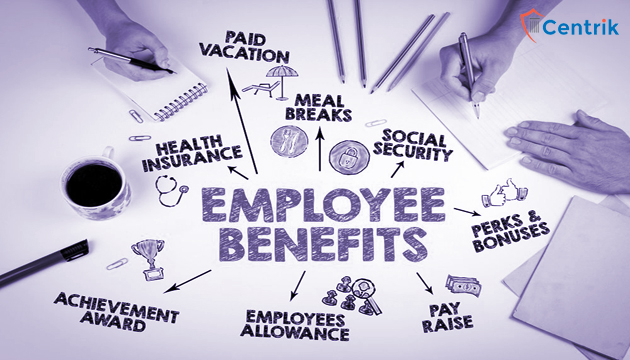
A claim was made in respect of the non-payment of pending salary and other settlement benefits such as leave encashment, Leave Travel Allowance, and bonus.

Central Govt. passed an ordinance by which they brought in a cap on number of homebuyers approaching the NCLT under Section-7 of the IBC code, 2016.
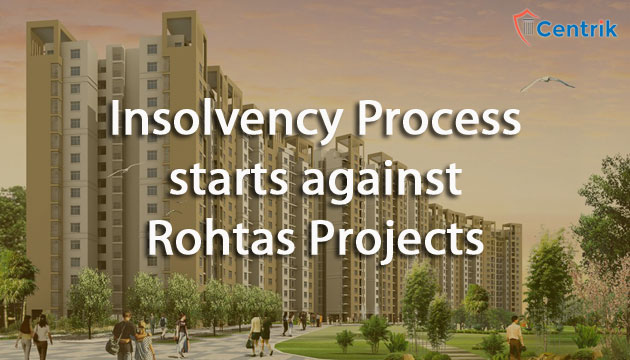
This article is all about the insolvency process which has been initiated which may include filing of claims, acceptance of claims, making of the committee of creditors and resolution plan
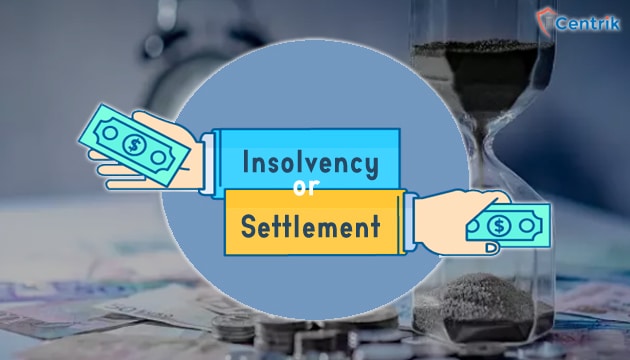
According to S.4 of the IBC, the minimum default required to initiate insolvency proceedings against a corporate debtor is Rs. 1 Lakh.

The homebuyers can file a petition against the builder or developer to commence Corporate Insolvency Process or not.
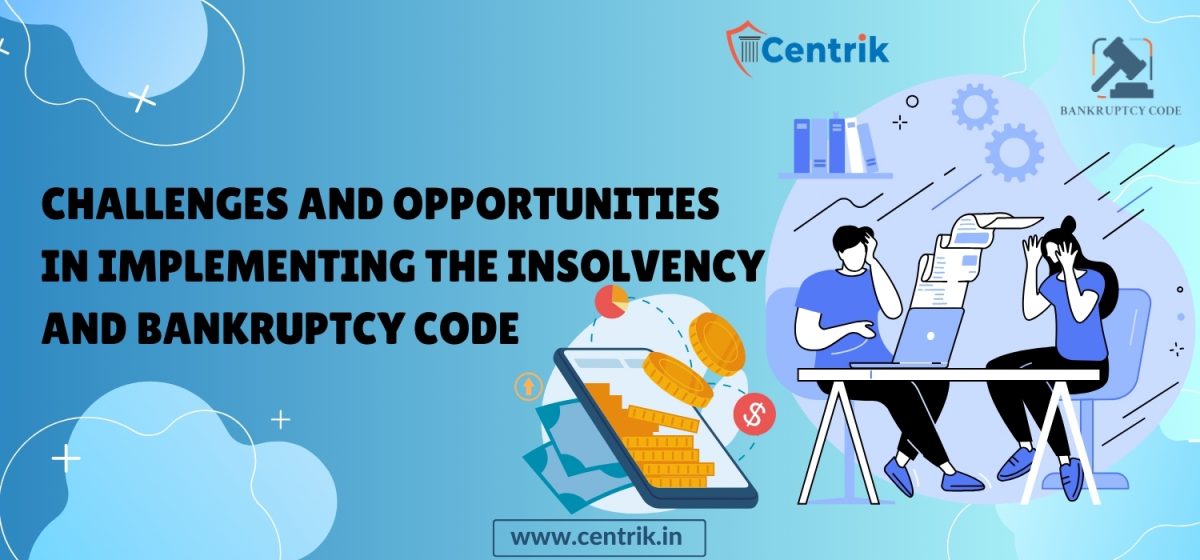
The Insolvency and Bankruptcy Code, 2016 (IBC) marks a significant milestone in the realm of insolvency and bankruptcy resolution in India. With its passage by Parliament and Presidential assent on May 28, 2016, the IBC revolutionized the legal framework surrounding insolvency and bankruptcy.
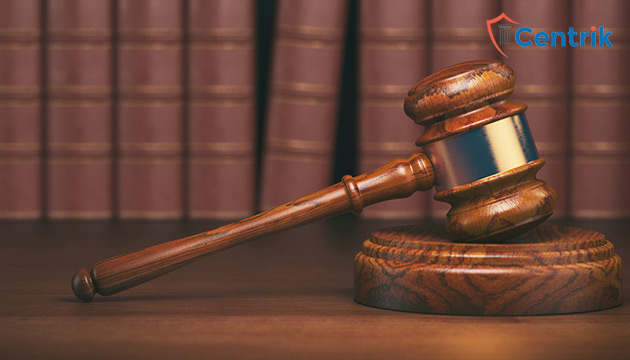
Interpreting the Insolvency and Bankruptcy Code 2016 and sheds light on its significance in shaping the insolvency and bankruptcy landscape in India.
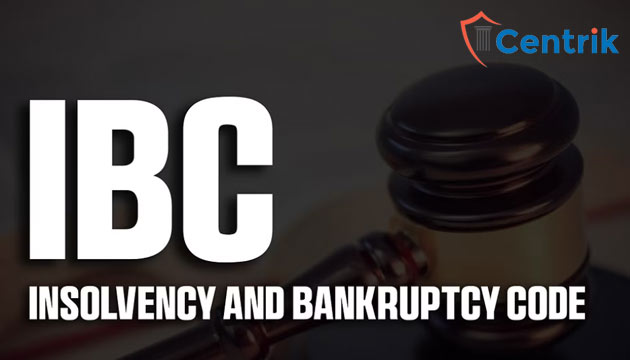
The issues that are adversely affecting the efficiency and effectiveness of the resolution process and for increasing the possibility of resolution, value of resolution plan, and ending timely resolution.
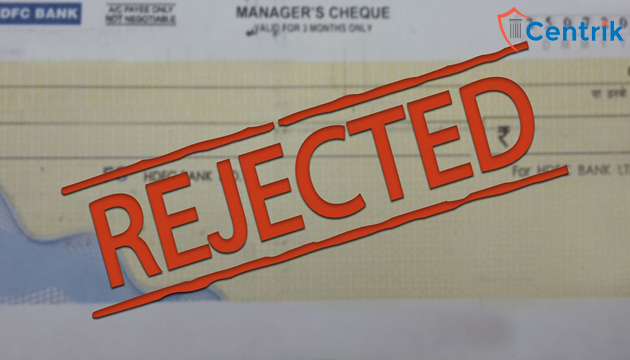
Cheque bounce is a criminal offence stipulated under Section 138 of the Negotiable Instruments Act, 1881. The aggrieved party can file a criminal as well as a civil case against the accused who must have had a legal obligation to repay the amount.














 join For Updates
join For Updates